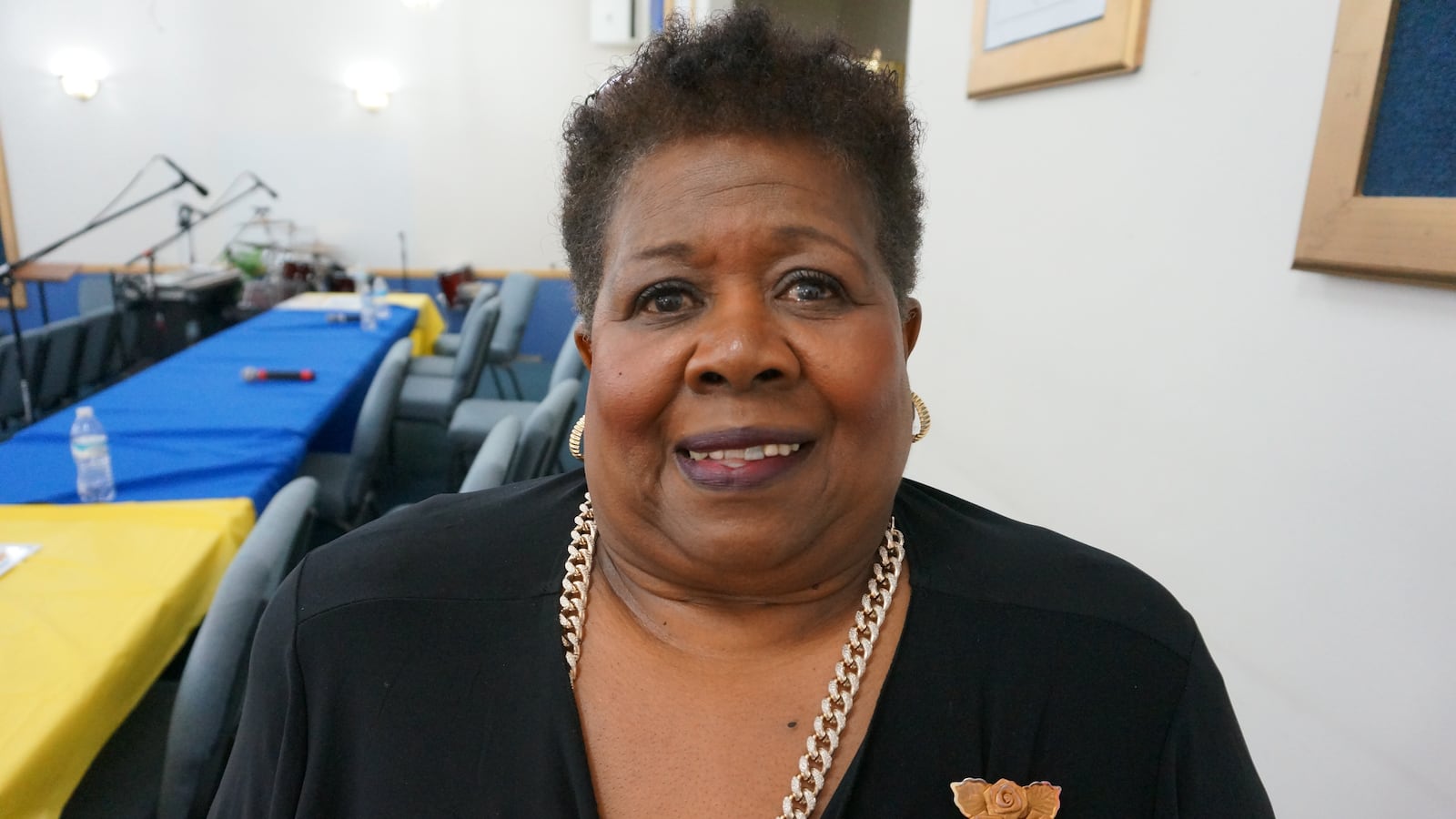Now that the dust has cleared on the contentious battle for control of the Indianapolis Public Schools board, three well-funded candidates who’ve aligned with groups that support controversial reforms like charter schools have won seats on the board.
But in a stunning upset, former IPS board president Elizabeth Gore ousted incumbent Sam Odle.
Odle, who represented the entire district in one of the board’s at-large seats, was a strong supporter of Superintendent Lewis Ferebee and initiatives such as innovation schools, which have charter-like freedom from district rules and hire non-union teachers.
Critics of Ferebee-style reforms touted Gore’s victory in Tuesday’s election as evidence that school choice advocates are losing their influence in Indianapolis — and that it’s possible for candidates to win without big money.
“(It’s) encouraging that moving forward, we can start to take back more seats next time,” said Chrissy Smith, a parent and member of OurIPS, a community group that partnered with Concerned Clergy to lead an organized campaign to unseat the current board members in favor of a slate they endorsed.
Smith said critics of the current administration learned a lot from this campaign, and the groups aim to get more people involved.
“This isn’t the last thing that someone is going to hear from OurIPS or from parents,” Smith said. “We are just getting started.”
But supporters of the current board argue that Gore’s election is little more than an aberration. They note Gore was not among candidates endorsed by the OurIPS/Concerned Clergy coalition. In fact, none of the candidates backed by the coalition was victorious on Tuesday.
Groups like Stand for Children, which supports partnerships with charter schools and policies aimed at improving student test scores, meanwhile saw victories for three of the four candidates they supported including Diane Arnold in District Four, Michael O’Connor in District One and Venita Moore in District Two.
“I don’t think … there’s a kind of anti-reform vote out there,” said David Harris, CEO of the Mind Trust, a non-profit that supports charter schools, charter partnerships with IPS and reform policies.
But Harris was at a loss to explain Odle’s defeat. “What the explanation is, I don’t know,” he said.
Odle, who could not be reached for comment, is well known in the community. He vastly outspent his political opponents and received additional campaign support from Stand, which leads expensive campaigns for its slate of candidates.
The one controversy that popped up in the campaign was Odle’s history as a board member for ITT Educational Services, a for-profit company that filed for bankruptcy last month following severe federal sanctions.
Odle won his seat in 2012 with substantial backing from advocates who supported giving schools charter-like flexibility and policies aimed at improving student test scores. It was the first of two elections that helped reshape the district as a wave of people looking for ways to shake up the traditional district came to power. A former top executive at Indiana University Health, Odle attended IPS schools as a child and supporters had high hopes for his role on the board. But just one term later, Odle has lost his seat.
Gore won the seat easily, picking up 43 percent of the vote in a three-way race against Odle. Her success is something of a surprise because she was at disadvantage in the race — with substantially less funding and no endorsements from the groups seeking to reshape the district.
“I’m really kind of reeling,” Gore said a day after the election. “I’m praying that it was the people’s will. … People that felt that I would do a good job.”
A former IPS board president who is active in local groups such as Concerned Clergy, Gore is relatively well known in the community. She raised about $1,200 during the race — far less than the $25,626 Odle had raised in October — and mostly spent her campaign money on yard signs and radio ads.
This election is something of a reversal from Gore’s last campaign when she lost her seat representing District Two on the board in 2012 to a candidate, Gayle Cosby, who benefitted from extensive support from Stand and other pro-school choice advocates. Cosby didn’t run for reelection.
This time around, Gore believes her prior experience on the board helped her win allies.
“I felt that being on the board before was a plus,” she said. “When I was there, … I was always very visible. I always went to the schools.”
Correction: Nov. 10, 2016: A previous version of this story said that Odle was backed by Stand for Children in 2012. He did not go through their endorsement process or receive support.

